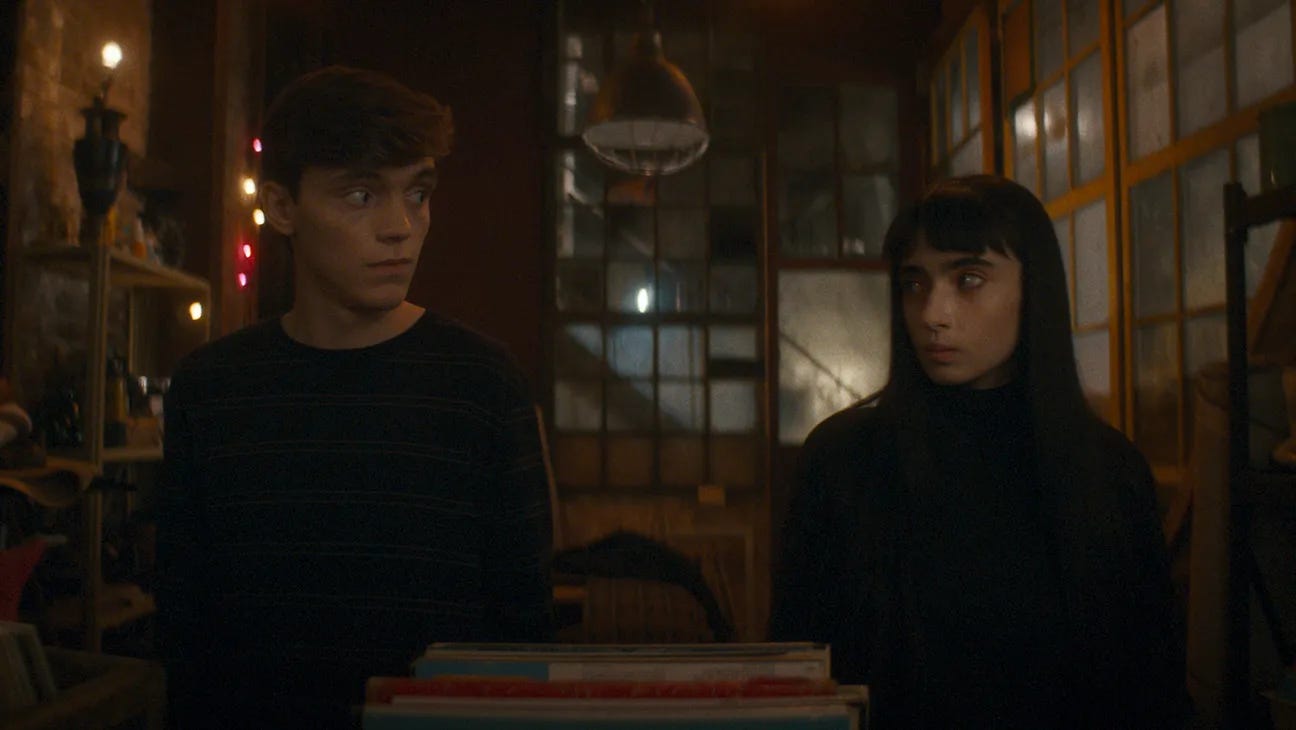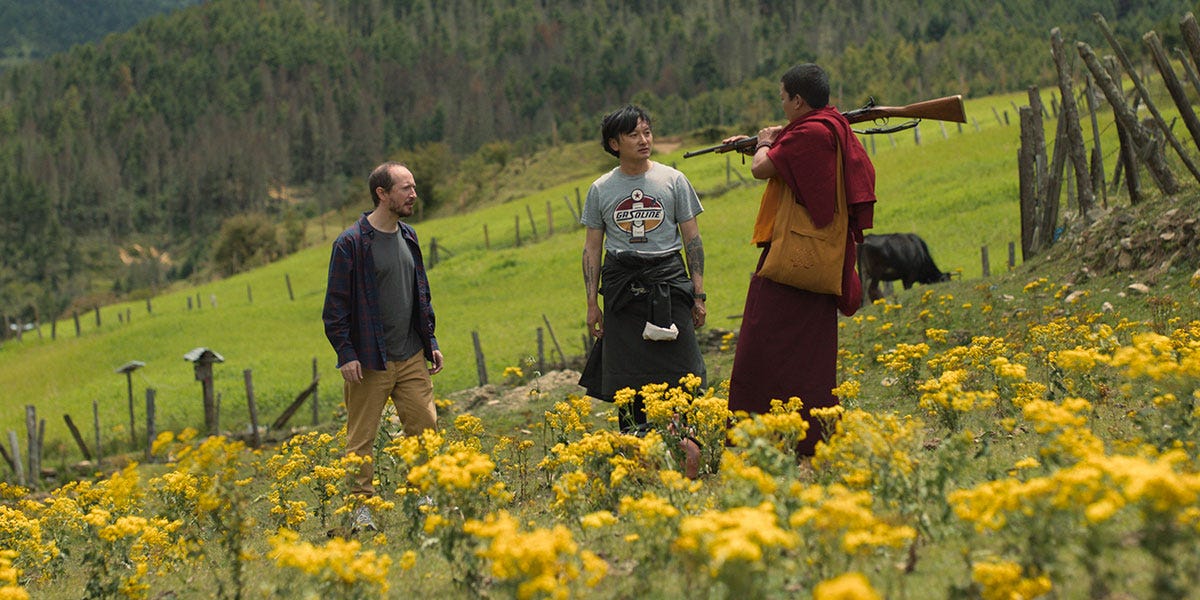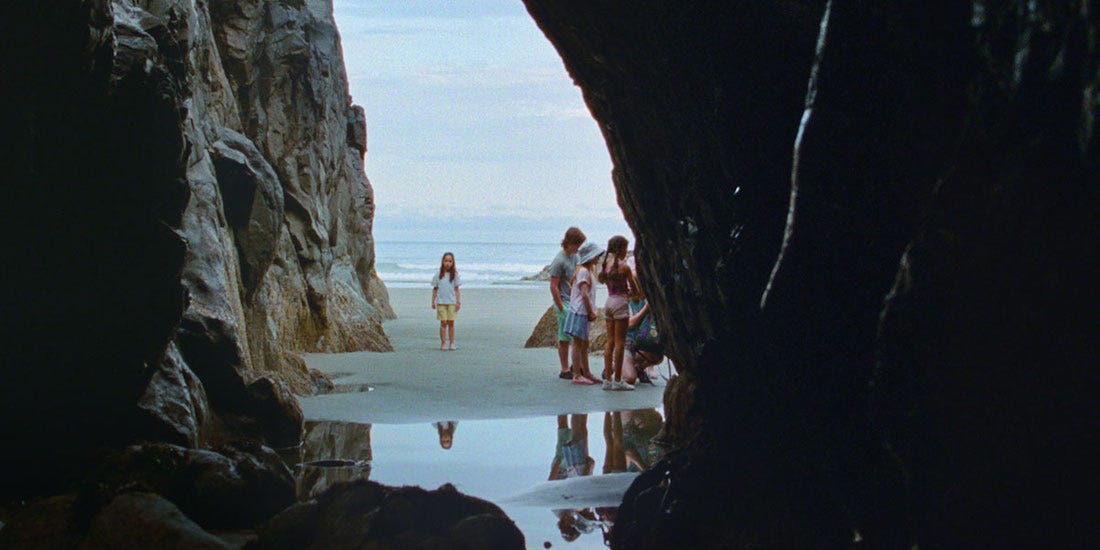Well, another TIFF is in the books. It was a rocky festival, one whose primary pleasures derived from Cannes and Venice holdovers. If you ventured across the border for those treasures, then you probably left the festival in good spirits, gamed for the fall movie calendar. If you’re like me and attended Cannes, however, the pickings were slim.
The world premieres for TIFF have always been a tad hit-or-miss, but usually you could count on a few films blowing you away: In 2018, Windows, If Beale Street Could Talk, and Gloria Bell were major premieres. Knives Out, Dolemite Is My Name, Sound of Metal, A Beautiful Day in the Neighborhood, and Bad Education led the charge in 2019. Due to the pandemic, the festival went totally virtual in 2020 and returned in-person with a hybrid iteration in 2021 (at that time, most festivals were essentially sharing the same titles with few distinct lineups). TIFF seemingly bounced back in a major way in 2022 when it snagged world premieres for The Fabelamans, The Woman King, Glass Onion: A Knives Out Mystery, and How to Blow Up a Pipeline.
While good films composed TIFF 2023 — We Grown Now, The Burial, Dream Scenario, American Fiction — only Sing Sing and His Three Daughters came anywhere near blowing me away (and even those two fell just short). So instead of highlighting the big premieres, here are the five under-the-radar films that really caught my eye:
Copa 71
Basically A League of their Own meets Summer of Soul, Rachel Ramsay and James Erskine’s inspirational documentary tells the little-known story of the first unofficial women’s world cup held in Mexico in 1971. Composed of buried footage from the matches and present-day interviews with former players, the film is an electrifying tale of these women’s battle against the sexism of a male-dominated soccer world so they might play the game they love, freely and fully.
Flipside
I reviewed Chris Wilcha’s documentary out of TIFF for Indiewire, so I’ve already said quite a lot about it. Even so, Flipside is the kind of quiet, unassuming documentary that could easily skate past you if it’s not already on your radar. Wilcha’s film is an ode to Gen-Xers who’ve been forced to choose between serving corporate overloads or vying for a holistic life. It’s framed around a record store located in small-town New Jersey, but its wistful scope — Wilcha sorting through all of his abandoned projects — is so much more. It’s a midlife crisis film wrapped in a measured, meditative bow.
Humanist Vampire Seeking Consenting Suicidal Person
I know I just complained about there being no earth-shattering films at TIFF, but sometimes enjoyable will do. Canadian director Ariane Louis-Seize’s tween genre film is a smart and endearing, sly and subversive, romantic coming-of-age vampire flick that poses empathy (not garlic, crosses, holy water, or the sun) as the greatest threat to vampires. Sara Montpetit, who stunned in Charlotte Le Bon’s eerie Falcon Lake, is a major highlight as the lead, adding a clear glow to the light, comedic happenings of this lovable macabre film.
The Monk and the Gun
I’ll have more to say about this one very soon (I do have a full review earmarked for its appearance at another festival), but just to give you a small taste, like Pawo Choyning Dorji debut film Lunana: A Yak in the Classroom, the title to his sophomore effort delivers what it promises. There is a monk toting a gun, an American Civil War era rifle to be exact in a challenging, funny story about the pros and cons of entering into modernity away from a simpler tradition.
Seagrass
Meredith Hama-Brown’s debut feature was sort of a shocker for me. It wasn’t on my initial list of TIFF titles that I wanted to see, but when a publicist offers up a free screener to a festival I’m attending, I usually give it a try. Seagrass did not disappoint. It contains two conflicts: a white dad and an Asian mom attend couple’s therapy while their two daughters tussle through sibling rivalry. Did I also mention there might be a ghost, the sisters’ grandmother, lurking in an seaside cave? Hama-Brown’s modest narrative is packed full of metaphor and grief, questions of identity and parenting, which haunt you over an evocative landscape to its realistic, abrupt end.







